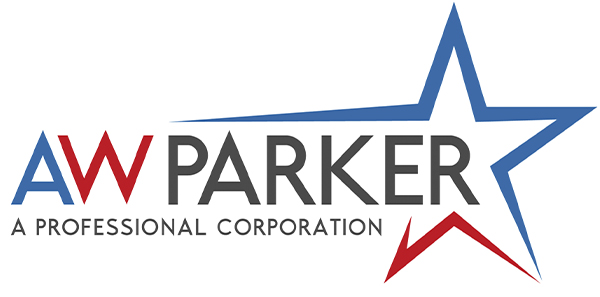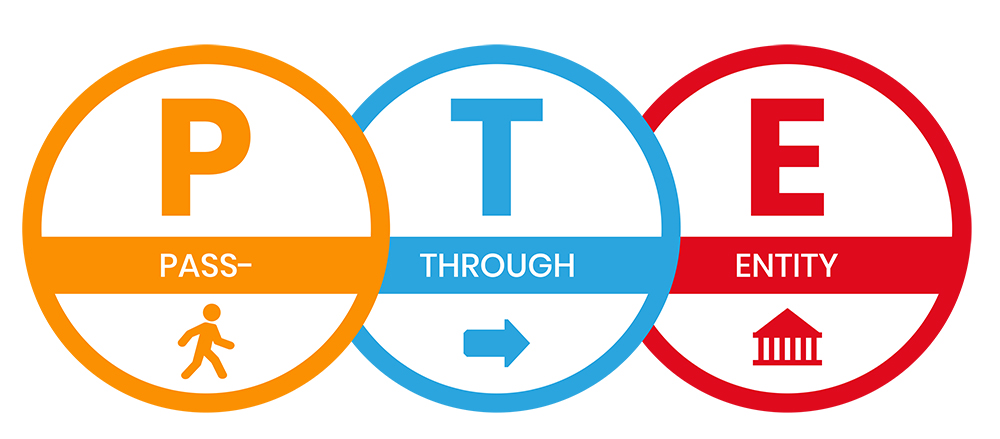CONTACT US
Enter your Name, Email Address and a short message. We'll respond to you as soon as possible.


Wes Parker, EA
AW Parker, P.C.
Forum III Building
1770 Kirby Parkway, Suite 117
Germantown, TN 38138
Phone: 901-794-3528
Fax: 901-794-8354
Email: wes@wesparkeronline.com

On the business front, OBBBA provides the most significant benefit to corporations in the manufacturing sector, and less so to those in the service industries. It continues the lower corporate tax rates, which are scheduled to expire at the end of 2025. Large businesses—those with more than $1 billion in reported income—can continue to pay taxes at a minimum corporate rate of 15%. For other C corporations, the tax rate remains a flat 21%. Pass-through companies, including S corporations and limited liability companies (LLCs), also receive more favorable treatment. Regardless of your company's structure, now may be a good time to review your corporate structure with your tax and legal professionals.
No federal corporate income tax is levied on business income for pass-through entities. Instead, profits flow through to owners' individual tax returns, so they pay income tax only once at the personal tax rate. Review any passthrough entities you use with your tax provider.
Sole proprietorships and partnerships also avoid double taxation and receive flow-through treatment. However, these business structures don't provide the limited liability of S corporations and LLCs. Sole proprietors and partners may be personally liable for claims against their businesses.
Enter your Name, Email Address and a short message. We'll respond to you as soon as possible.
AW Parker, P.C. and LTM Marketing Solutions, LLC are unrelated companies. This guide was created by LTM Marketing Solutions, LLC and was not written or created by the named financial professional and does not necessarily represent the views and opinions of Cetera Wealth Services, LLC.
Securities offered through Cetera Wealth Services, LLC, member FINRA/SIPC. Advisory Services offered through Cetera Investment Advisers LLC, a Registered Investment Adviser. Cetera is under separate ownership from any other named entity.
The information and opinions contained in this web site are obtained from sources believed to be reliable, but their accuracy cannot be guaranteed. The publishers assume no responsibility for errors and omissions or for any damages resulting from the use of the published information. This web site is published with the understanding that it does not render legal, accounting, financial, or other professional advice. Whole or partial reproduction of this web site is forbidden without the written permission of the publisher.